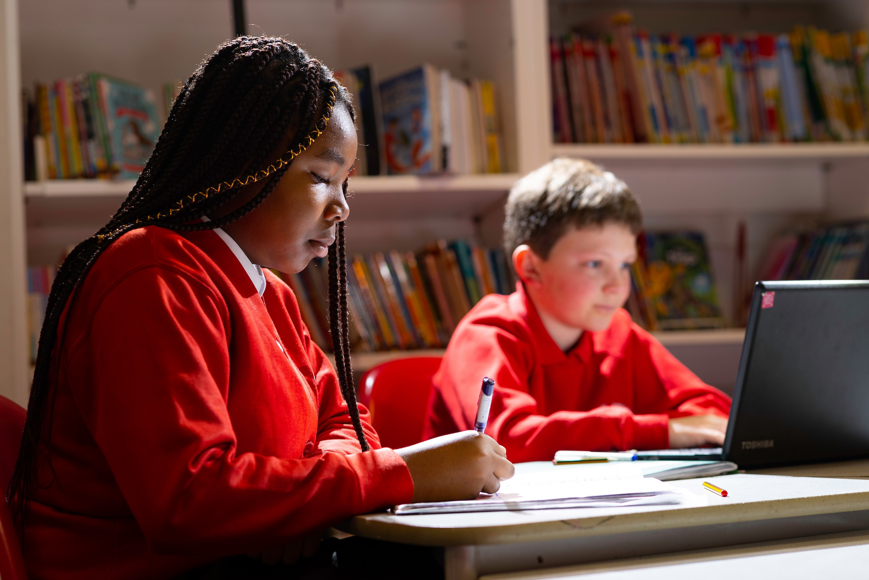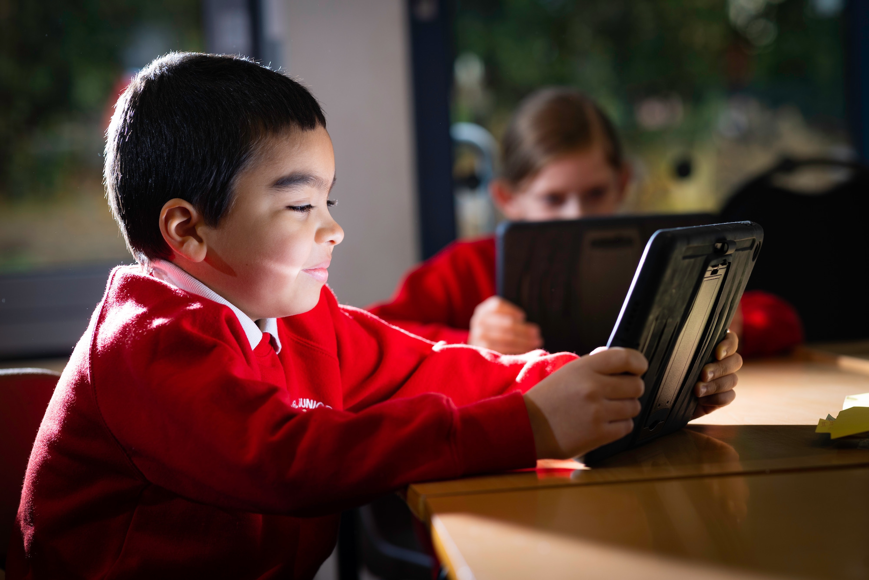History
Progression document
Skills progression for pupil books

Intent
At Marnel Junior School, our history curriculum is designed to deliver high-quality teaching that enables pupils to develop a coherent understanding of Britain’s past as well as the wider world.
Through our curriculum, we aim to provide pupils with the skills to critically evaluate primary and secondary historical sources, understand their credibility, and consider the broader context in which historical events occurred.
Our curriculum enriches the 2014 National Curriculum for History and seeks to ensure that all pupils:
- Develop a chronological understanding of British and world history, placing events in the context of global developments and to understand how these events are interconnected.
- Learn to critically assess historical sources, understanding the difference between primary and secondary sources, and evaluate their credibility based on a range of factors such as bias, perspective and purpose.
- Use historical enquiry to ask perceptive and thoughtful questions, think critically, weigh evidence and analyse arguments to build a deep understanding of how interpretations of the past are constructed.
- Understand the complexity of people’s lives through social history, the process of change, and the diversity of societies in a way that helps children to connect their historical knowledge to current global issues and events.
Through this approach, pupils are not just equipped with a strong foundation of historical knowledge, but also the ability to be critical thinkers. Our goal is to ensure that pupils are prepared to be responsible, informed citizens who can navigate the challenges of the future owing to the lessons learned in the past.
Implementation
History at Marnel Junior School is delivered using the Six Step Enquiry Model, underpinned by Rosenshine’s Principles of Instruction which allows for a scaffolded, enquiry-based approach to learning. Our focus is to encourage pupils to engage with a range of historical sources critically to understand how historical narratives are shaped by the availability and reliability of evidence.
- Teacher introduces the enquiry, motivating pupils to engage with the historical topic and prompting them to think about the broader global context in which it took place.
- Pupils gather information from a range of sources, including documents, artefacts and visual evidence, using methods that encourage critical evaluation of the reliability and credibility of the sources.
- Pupils process and analyse the information, focusing on the breadth and depth of the historical topic - comparing local, national, and global events.
- Pupils draw their own conclusions, using evidence to form a reasoned argument and understanding how differing perspectives and interpretations may have shaped historical narratives.
- Teachers check and refine pupils’ understanding, encouraging and guiding further critical engagement with sources and helping them to consider alternative viewpoints.
- Pupils present their findings creatively, demonstrating their understanding of both the specific historical events and the wider context, while reflecting on the credibility of the sources used.

Impact
By the end of their time at Marnel Junior School, pupils will have developed a broad and deep understanding of British and world history, demonstrated through their ability to:
- Analyse and interpret historical sources with a critical eye, assessing their credibility and considering the influence of bias and perspective.
- Make connections between local, national, and global historical events, understanding how different societies and cultures influenced one another across time.
- Think critically about the significance of historical events and figures, recognising the broader historical and social trends at play.
- Ask and answer historically valid questions that consider cause and effect, change and continuity, and significance, while contextualising events within the global environment.
- Present their understanding of history in creative, varied, and imaginative ways that demonstrate both depth of knowledge and the ability to place events within the wider context.
Outcomes in history books will show a comprehensive understanding of historical knowledge and skills, demonstrating that pupils can confidently analyse sources, form critical judgements, and understand the interplay of local and global history.



